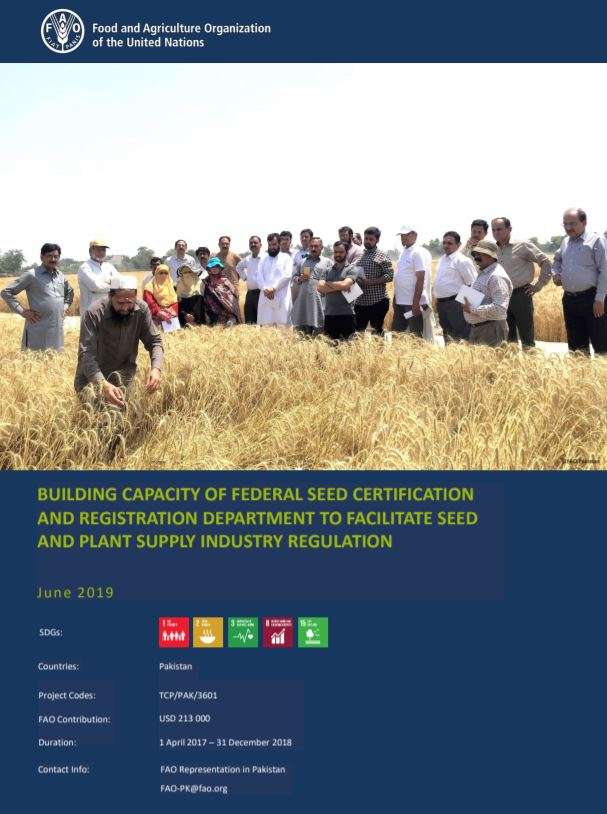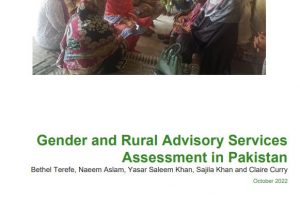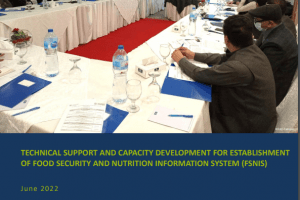Over the years, Pakistan’s seed sector has grown significantly. The seed system was initially dominated by the public sector in activities ranging from crop variety development, release/registration, seed multiplication/production, processing and marketing, to seed certification and quality control. Currently, the private sector comprises over 700 national and five multinational seed companies; thus, it is a major player. The public sector at the federal level is mandated to regulate the seed sector across the country; while at the provincial level public sector seed corporations have been assigned to produce and distribute certified seed of major crops to the farming community. However, public-sector seed supplies are currently on the decline. The seed sector’s legislative environment has been improved to a large extent by the incorporation of 2015 amendments in the Seed Act 1976, and the legislation of the Plant Breeders’ Rights Act, 2016. In general, the level of service delivery by both the public and private sectors is not on apar with international good practices, hence the seed industry has not yet harnessed the available potential. In other words, Pakistan’s seed industry, despite its large size and growth, has not evolved to the level of sophistication required to compete with its regional counterparts. Against this background, the project aimed to strengthen the capacities of the Federal Seed Certification and Registration Department (FSC&RD), as well as other public and private sector institutions/entities, to enable them to provide higher quality services to the seed and plant supply industry in Pakistan; and to improve the systematic seed supply in the country.
Building Capacity of Federal Seed Certification and Registration Department to Facilitate Seed and Plant Supply Industry Regulation





Add Comment